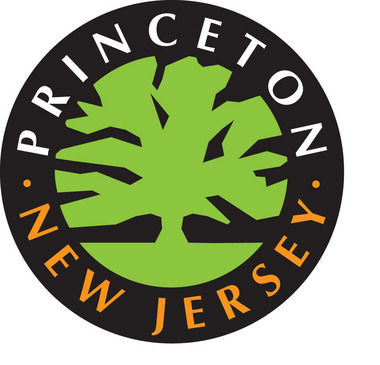By Philip Sean Curran, Staff Writer
Hired hunters will thin the deer population in Princeton to a “manageable level” in continuing a once controversial culling that began 16 years ago in the former township.
White Buffalo, a Connecticut-based deer management company, received a no-bid contract capped at $64,530 from the Princeton Council on Nov.14 to cull the herd from early February to the middle of March. The goal of the hunt is to kill 125 to 150 deer during that time, according to the municipality, so that the deer population comes down to 250 total, or 20 deer per square mile.
Though hunters are permitted to hunt deer of either sex, most of them have to be females, according to the town. Hunting will be allowed six days a week, except Sundays, with police at each location where sharp shooters are present.
All the deer meat will be donated to food banks, said municipal animal control officer Nate Barson in a phone interview Monday.
Per terms of the agreement with the municipality, hunters will use riffles and, in areas where it is not safe to use a firearm, the net and bolt technique in which a deer is captured in a net and euthanized by a bolt gun shot.
In addition to White Buffalo, the town also will allow volunteer recreational bow hunters to hunt deer on publicly owned lands from now until around Feb.18. Officials have said allowing bow hunters is necessary to secure approval from the state for the deer management program.
Bow hunters also are limited to hunting Monday to Saturday, and cannot hunt within “20 yards of any road or trail,” according to a public notice from the municipality.
The seven locations where they can bow hunt are Herrontown Woods, a county park; some 26.2 acres between Puritan Court and Pretty Brook Road; 20.6 acres off Quaker Road, between Route 206 and Mercer Street; Gulick Farm; Autumn Hill Reserve; Woodfield Reservation; and Fieldwood. The town has said there are limits at each of the locations of how many bow hunters may be there at one time.
In the past, Princeton officials have said the deer hunt is necessary to make it safer for the community, particularly for motorists, in reducing deer-related car accidents. Overgrazing by deer has also been blamed for damage to forests.
“White-tailed deer have reached problematic numbers in numerous suburban communities in New Jersey,” according to the state Division of Fish and Game. “Increased deer-vehicle collisions, damage to ornamental plantings and gardens, damage to agricultural crops and destruction of the natural forest ecosystem are some of the problems associated with high deer populations.”

